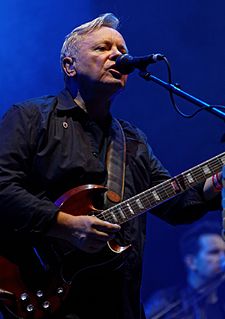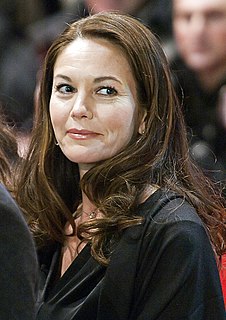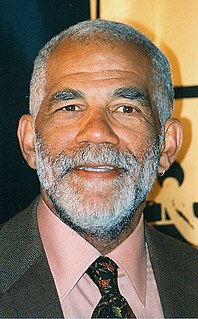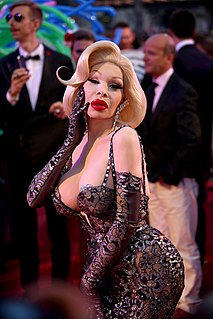A Quote by Luis J. Rodriguez
In order to stay out of trouble I worked in industry. You can't even do that nowadays; there were all those factories.
Related Quotes
Comforts that were rare among our forefathers are now multiplied in factories and handed out wholesale; and indeed, nobody nowadays, so long as he is content to go without air, space, quiet, decency and good manners, need be without anything whatever that he wants; or at least a reasonably cheap imitation of it.
It used to be that the working class, broadly speaking - Americans who worked with their hands, who worked in factories, who were not in management - were an interest group, a political interest group. And their main spokespersons were the Democrats. Their platform was the Democratic Party. And that began to change after the 1960s. Not for black or other working class Americans, but for white working class.
I'm not saying to the kids yo drop out of school, education is the most important thing first and foremost. You know, my circumstances were a little different. I needed to work to help out so I couldn't be in school. Not only that, it was getting into trouble and all that s**t. I was getting into trouble more in school than I was out of school, so I had to just go ahead and make that adjustment, so I mean realistically I always tell everybody, in my case I don't got a high school diploma, but I have two Grammys so it kinda worked out best for me.
Looking good kept me out of trouble. When I worked for Michael Alig, everybody was overdoing partying. It would take me so long to get ready, because I was never one of those girls that were naturally the cover of Vogue. I had to really work hard to look nice. I would take hours and hours to get ready. If you have high heels on, if you're dressed nice, you really can't be drunk or sloppy because it's dangerous. It's part of being a lady, so it really kept me out of trouble.







































